
Marketing, Diversity, and the Rock-and-Roll Spirit: A Conversation with Christine Kennedy
Marshall's Integrated Marketing Director talks staying relevant, inclusion, and the future of marketing.
In the ever-shifting realm of marketing, staying on top of the game is the name of the game. So, how do companies keep their marketing mojo working, ensuring it stays effective and future-ready? Well, we had a sit-down with the one and only Christine Kennedy from Marshall to chat about diversity in marketing leadership, the magic of thinking long-term, and the big picture of marketing. Join Christine for this exclusive chat.
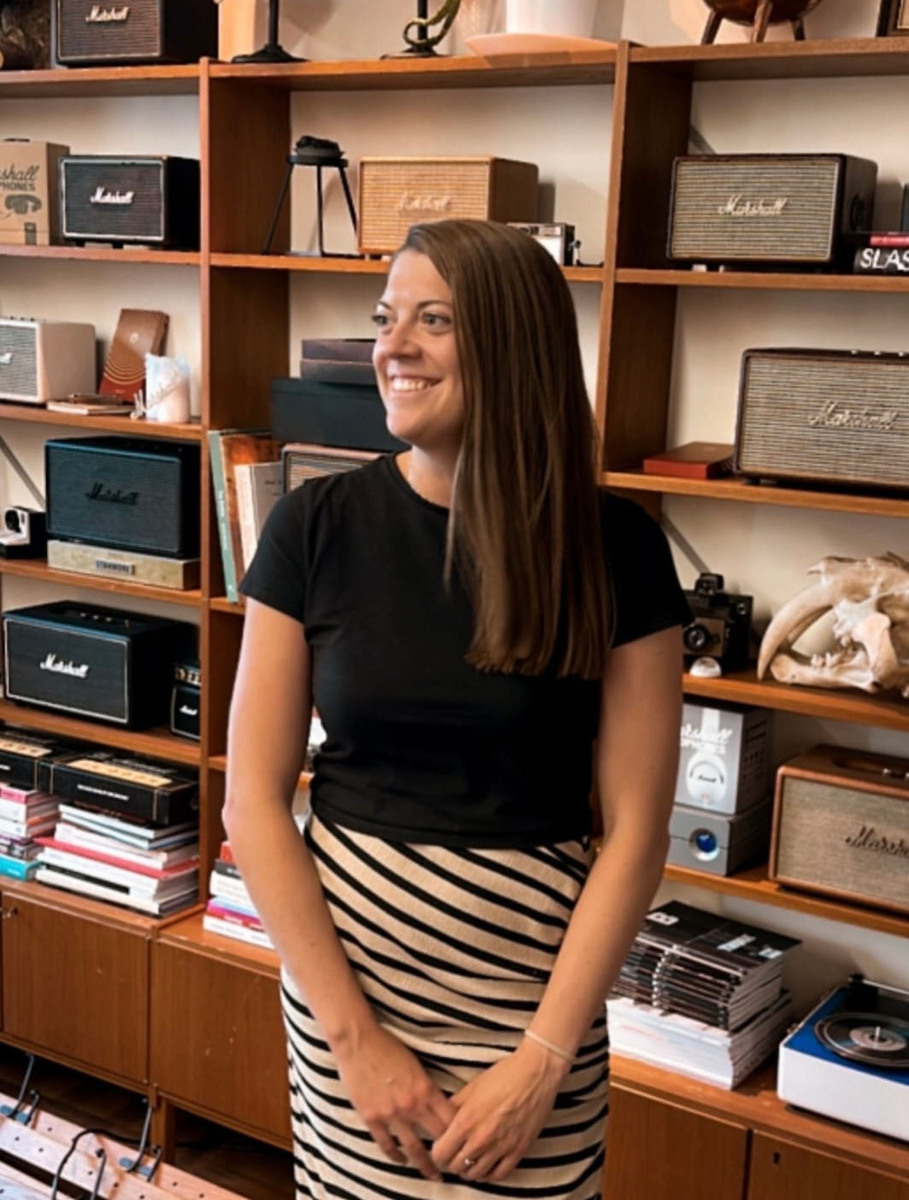
How did you end up in your current role as Marshall's Integrated Marketing Director?
I started my career in marketing in the US, working in digital marketing for Reebok when I was around 22 years old. After a few years, I was offered an incredible opportunity to work in Amsterdam, where I transitioned from digital marketing to brand marketing. It was a dream job for me because I was able to work with a larger company and be a part of a small, startup-like team within their digital organization.
What I loved about this experience was being able to move away from the US and work in a different environment. My Amsterdam team included Chinese, German, American, British, and French individuals. Working with such a diverse group of individuals was a fantastic experience and taught me a lot about different cultures and ways of thinking.
I believe this experience and my passion for working with people who share my values and culture led me to where I am now. I am super grateful for the opportunity to work with a fantastic team of action-oriented individuals who share my values, and I am excited to continue making an impact in this role.

Marshall is a well-known brand with a rich history. In today's fast-changing market, how do you keep the brand relevant and resonate with consumers?
It’s a humbling experience to work for a brand that has been around for 60 years and still upholds its core values. But when you're a heritage brand, your heritage can be both a blessing and a curse. While it's important to preserve our history, we can't solely rely on it to remain relevant in the ever-changing market.
As a marketing team, we constantly ask ourselves what the next 60 years look like for Marshall. We can't use the same playbook we used in the past, so we strive to find new ways to push boundaries and stay true to our values.
Our values center around supporting the music community and its diverse groups, including musicians and communities rooted in music. It's crucial to us that we show up for them in ways that align with our values. That includes supporting grassroots partners, such as Queer Vinyl Collective, a group of queer-identifying vinyl enthusiasts who have created a community around their shared passion
Our goal is to double down on our brand identity and maintain the values that have always been at the core of who we are. We want to continue to be a brand that embodies the rock-and-roll spirit as an attitude, not just a genre of music. That means standing up for what we believe in, supporting our community, and being a brand that encourages people to live life on their own terms.
We want to drive the narrative forward for the next generation of artists and musicians while staying true to our roots.
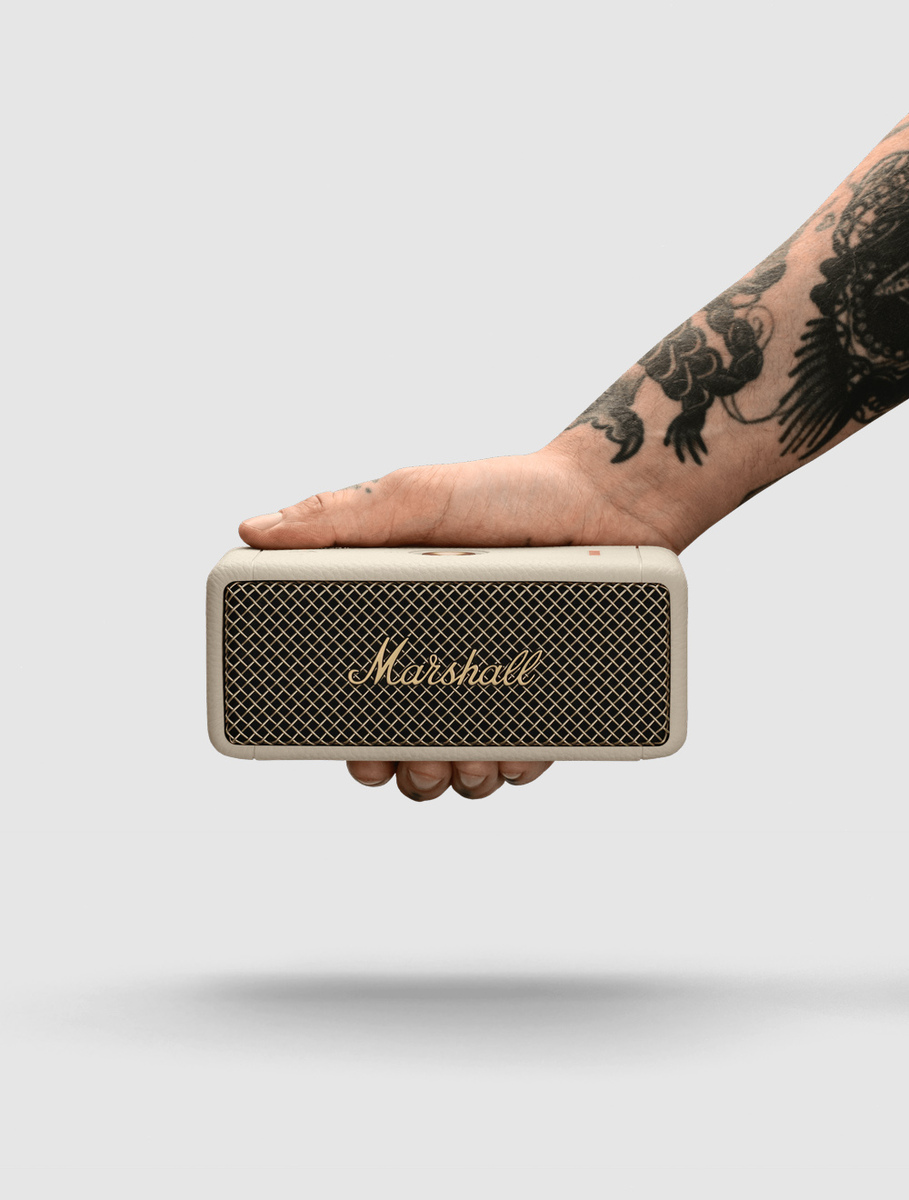
Marshall has a strong connection to music and musicians. What's the best way to use this in your marketing?
Absolutely, the artists and musicians are the heartbeat of our company. We all work to drive support for the music community, and it's essential to showcase this in our marketing by including musicians and the broader music community in our campaigns across both our amps and consumer electronics products. We also have a record label with fantastic artists, and we collaborate with them on our events and campaigns.
But it's also important to highlight the narrative of what artists do and the importance of emerging artists. It takes a lot of courage, hustle, and grit to follow one's dreams and passion, often at personal and financial costs. It's not just about the music they create, but the values of endless passion that we want to showcase to a wider audience.
You don't have to be a musician to embody these values, and that's what's interesting. We want to inspire people to embrace this mindset and attitude of being themselves. As a brand, we want to enable people to express themselves freely, and we're not the ones creating the music. We're the ones providing the tools to empower individuals to amplify their message.

Could you tell me about a particularly challenging project you worked on and how you overcame it?
Last year, for our 60th anniversary, we faced a challenging project in terms of defining how we wanted to communicate what the last 60 years have meant for us as a brand in one campaign. We ultimately decided against doing a big media campaign and instead celebrated by giving back to communities rooted in music that share our values. One of the groups we worked with in Germany, Roots Berlin is a non-profit organization that brings the BIPoC community together through creativity, movement, and knowledge sharing. We donated money to them to alleviate the operational pressures and enable them to focus on creating and organizing events that allow them to express themselves freely.
We also worked with Queens Museum and a program called Queens Teens Institute for Art & Social Justice, which provides a year-long art program for marginalized teenagers who come from communities where music and art are not prioritized in school programming. Through these projects, we were able to celebrate our 60th anniversary by giving back to communities that share our values and support creativity and self-expression. It was a challenging project to decide how to celebrate and give back, but we overcame it by choosing to work with organizations that embody the same values and mission as us.

Would you say that being a woman in a leadership position in marketing has its own challenges and obstacles?
Yes, I think one of the main challenges is ensuring that you have a seat at the table. Personally, I feel very fortunate to work at a company like Marshall where over 53% of our leaders are women. For me, what I appreciate most is the strong women in leadership positions across various departments, not just in marketing or human resources. They are in engineering, product design, sales, account management, hardware, and sourcing. They inspire me to keep pushing forward, and they've been a valuable resource for me to seek advice and guidance.
As a young leader myself, I feel somewhat insecure about my age and often shy away from revealing it. However, I have found that the women in leadership roles at Marshall are incredibly welcoming and open to different perspectives. The company has provided an excellent opportunity for younger leaders like myself to learn from and be inspired by those who have come before us. While there are always challenges, I feel that Marshall has been a welcoming and supportive environment for women in leadership positions.

Has Marshall provided any formal mentorship or leadership programs for women?
Yes, we do have leadership programs, but the mentorship and support I have received have been more informal. The women in leadership roles have approached me, invited me to have lunch or a coffee, and offered their support and guidance. It's not a mandated or structured program, but it's people who genuinely care and want to see others succeed.
It embodies the company values of doing the right thing and supporting one another, and I am grateful to be a part of such a supportive and passionate group of individuals. While we are not the largest company, we have a small but dedicated group of individuals who want to move things forward, and that's something that I truly value.
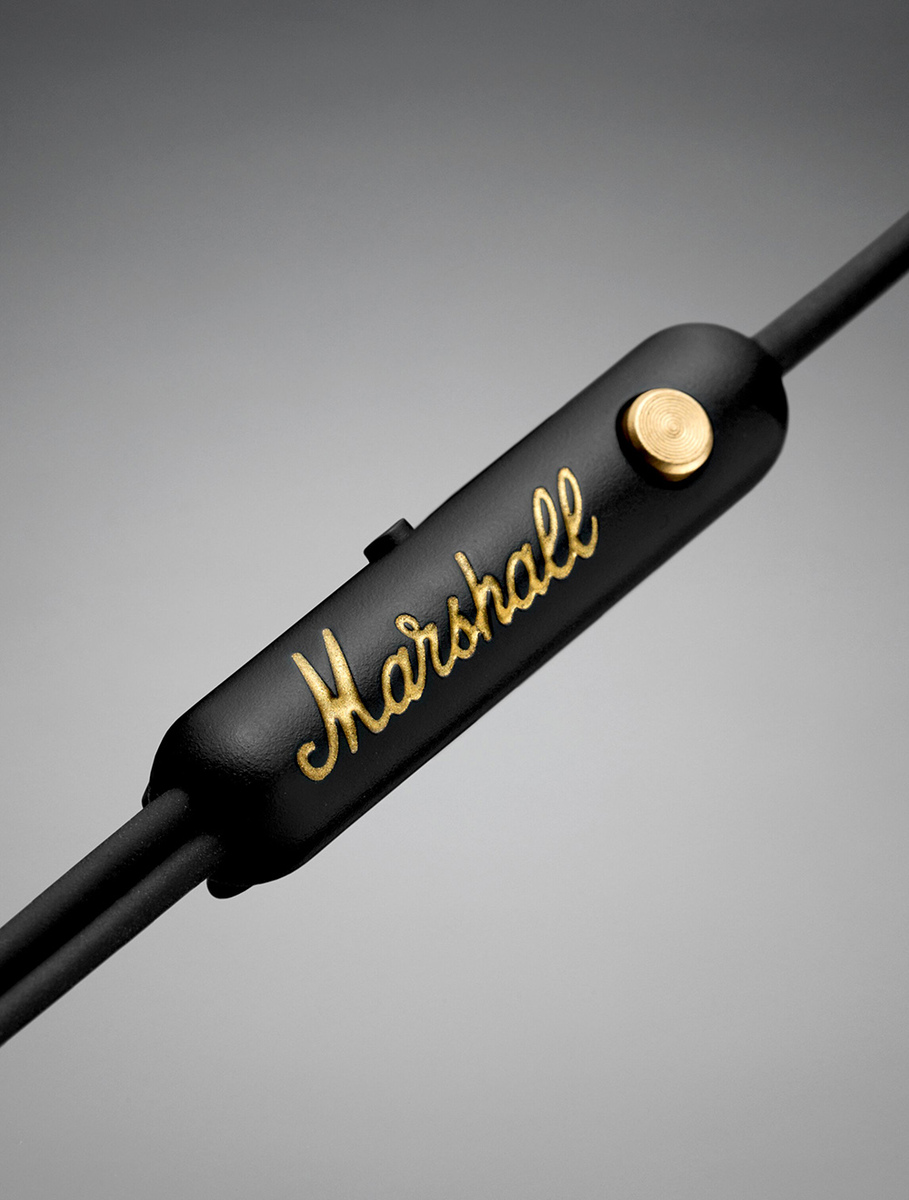
As Marshall's Integrated Marketing Director, how do you ensure diversity and inclusion?
Diversity and inclusion are crucial to our company and it's important to look at it in every aspect of our work, whether it's our internal employees or external partners we work with. Our company is intentional about following through on our commitments and holding ourselves accountable. We have a diverse group of people in leadership roles, and we're proud that 30% of our recent hires in the last year have come from outside our head office's country. We also support working parents.
It's not just about diversity in our workforce, but also in our marketing campaigns. We strive to use real people with unique stories to tell and to move away from using just models in our advertisements. It's a part of our company's ethos, and we don't approach it as a strategy that just sits in a document, but rather as an integral part of our brand identity.
We've been around for a long time, and our heritage is important, but it's only as valuable if we continue to live up to it. Marshall has stood for many subcultures and provided a platform for musicians, especially during difficult times like the punk movement in Germany. We're not creators of the message, but we provide a platform to amplify the messages of people who give a damn.
We're a company with passionate people who drive us forward. It's not always the most vocal person who leads, but the person who's intentional and intentional in their actions. We stand by our values, and we do not compromise on that.

Do you think women bring any particular strengths or advantages to marketing leadership roles?
Absolutely. We're fortunate to have many female marketing leaders in our company, and their perspective is invaluable. They bring a driven belief in what they do, and our company values people who hold fast to their beliefs. It's great to have a group of women that I can trust, whose opinions I believe in, and who use their diverse experiences to drive our company forward. Not only are we fortunate to have women in leadership positions, but we also have individuals from different countries and with different racial identities, which brings even more valuable perspectives to the table.
We're not micromanaged or told what to do. We're very opinionated and rely on each other, which creates a supportive environment that allows us to drive our initiatives. Watching them become mothers and still jump back into their roles with even more responsibility is inspiring to me. It's not only about having smart people but also people you can rely on, and I feel incredibly fortunate to work with such a dedicated team.
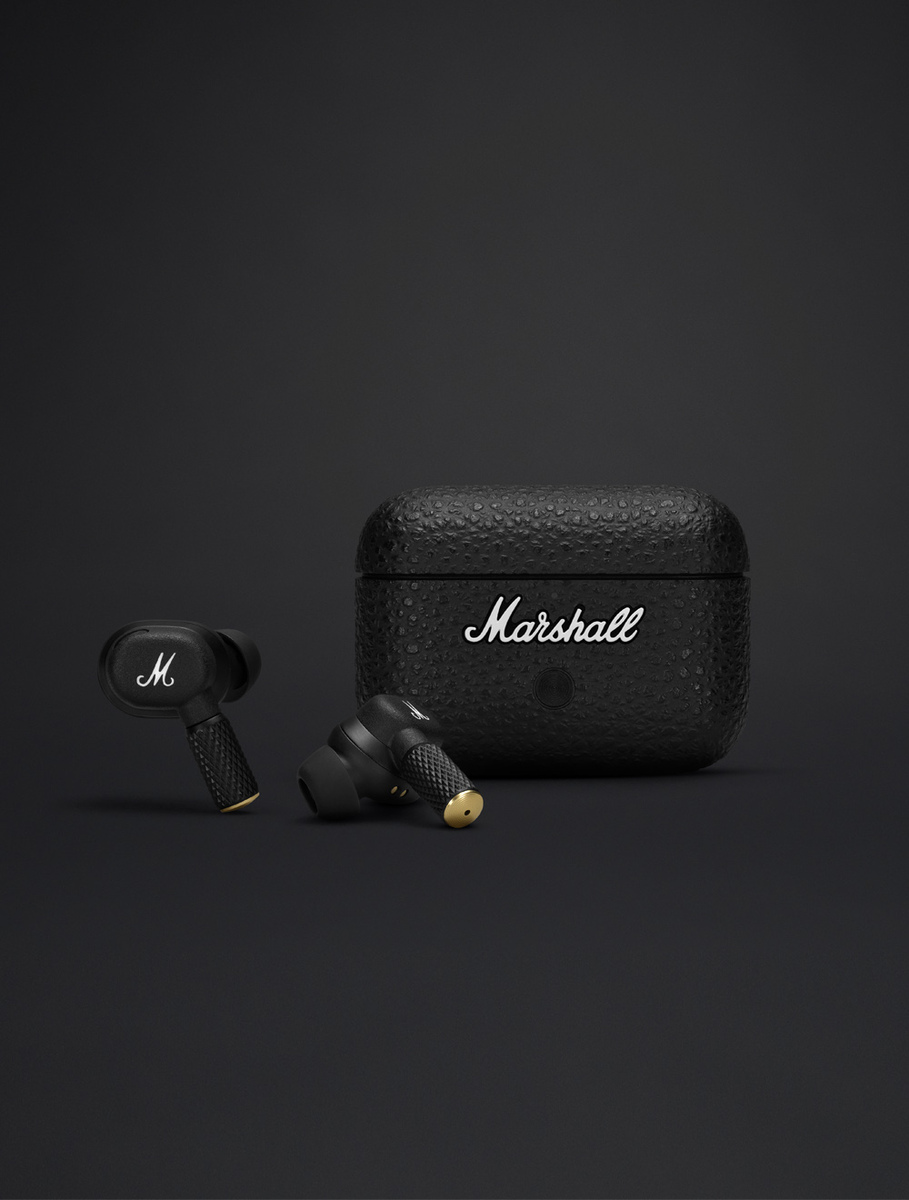
Have you ever encountered situations where you felt you were treated differently or not taken seriously because of your gender? How did you handle it?
Yes, I think throughout my career, there have been times when I didn't feel like it was the place to say something because I'm a woman, young, and in marketing. However, it has always been crucial for me to become knowledgeable not just in marketing but also in understanding the wider scope of what's happening in the organization. I overcompensated for both being a woman and in marketing and tried hard to understand the sales numbers, the conversion rate on the website, the retail landscape, market data, and other aspects.
I think it's important to show up strong and ready to go, especially in sales organizations, which are male-driven and focus on numbers. This company has been different from anywhere I have worked before. We have Patrick, who oversees the US market, and his entire account management sales team is made up of women who are incredible. One woman has worked in the electronics industry for over 20 years and is driving one of our most significant retail partnerships in the US, which is one of the most male-dominated areas in sales. Another woman, Megan, is the most knowledgeable person when it comes to Amazon. She has been working with Amazon since the beginning and is an incredible knowledge source.
When I started my job, I attached myself to them because there was so much knowledge to learn from. It's essential to be open to learning when you're young and starting in a new industry. Take the opportunities to learn from both women and men in senior roles and absorb as much information as possible to gain confidence.
I am now passionate about our lifestyle retail strategy and sit in the core group to move it forward, which was previously managed by the sales organization. They gave me a seat at that table because they knew I knew it. It takes confidence, but it also takes being humble and not pretending to know everything. Taking the time to absorb as much information as possible is crucial.
I come from a footwear fashion background, so entering electronics was a new world for me. Learning something completely new has been really fun, and I'm appreciative of having such strong colleagues to help me. The majority of women in this company are humbly knowledgeable and a great asset to learn from.
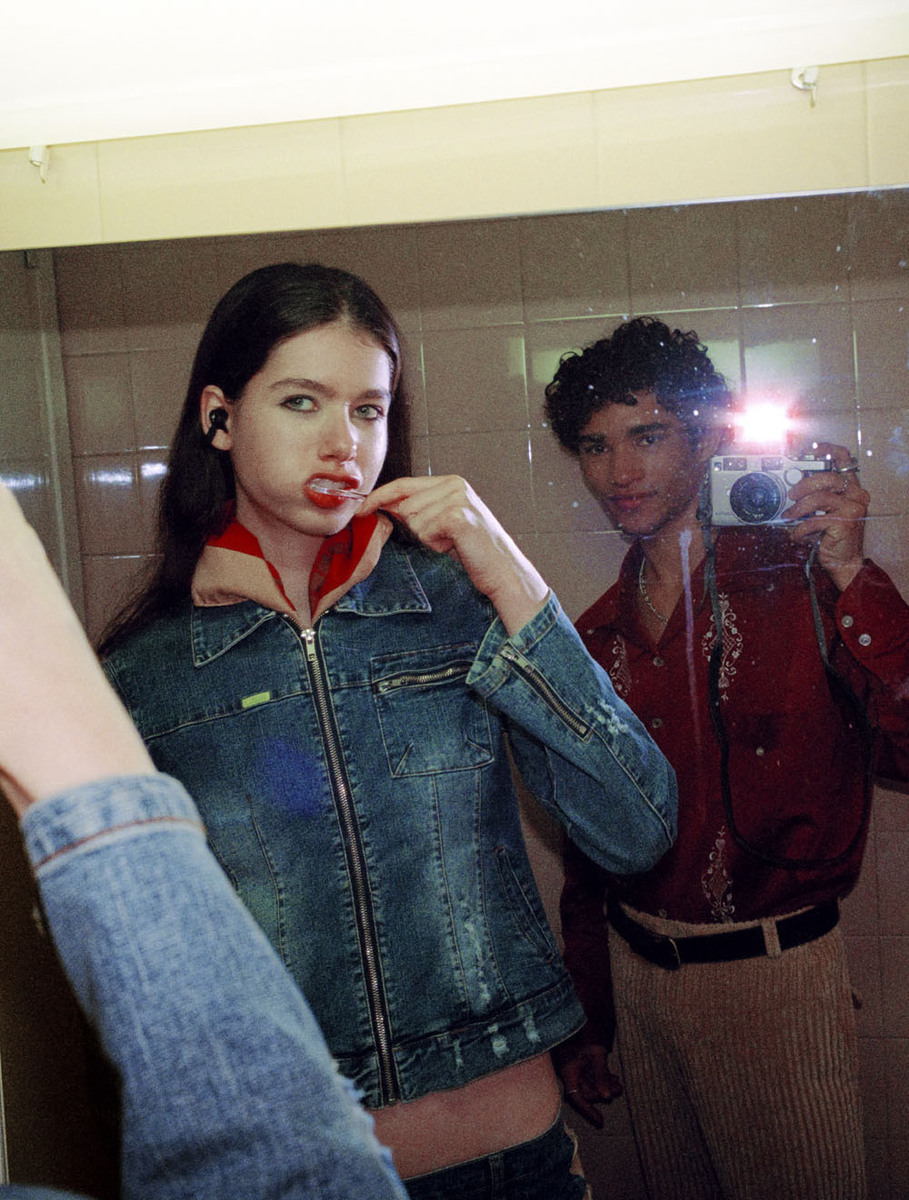
How would you advise other women who want to get into marketing or other fields?
My advice would be to take the time to really understand what you want to learn and achieve. When I was in college, I initially wanted to become a lawyer or politician, but I found my passion in marketing because of its focus on understanding the consumer. It's important to not come into any position thinking you know everything and to really put yourself in the shoes of the consumer. In marketing, we can get caught up in product details and industry jargon, but ultimately it comes down to whether the product is easy to use and meets the consumer's needs.
To succeed in marketing or any field, it's important to be detail-oriented and to learn as much as you can. Seek out mentors and build strong relationships with colleagues at all levels. I've been fortunate to have mentors who have guided me on my career path and vouched for me when I was interviewing for jobs above my level of experience.
Even if you're not the most outgoing person, you can still build strong relationships by working hard and being reliable. These relationships can help you drive your career and find your path. So my advice is to focus on learning, being detail-oriented, finding mentors, and building relationships.
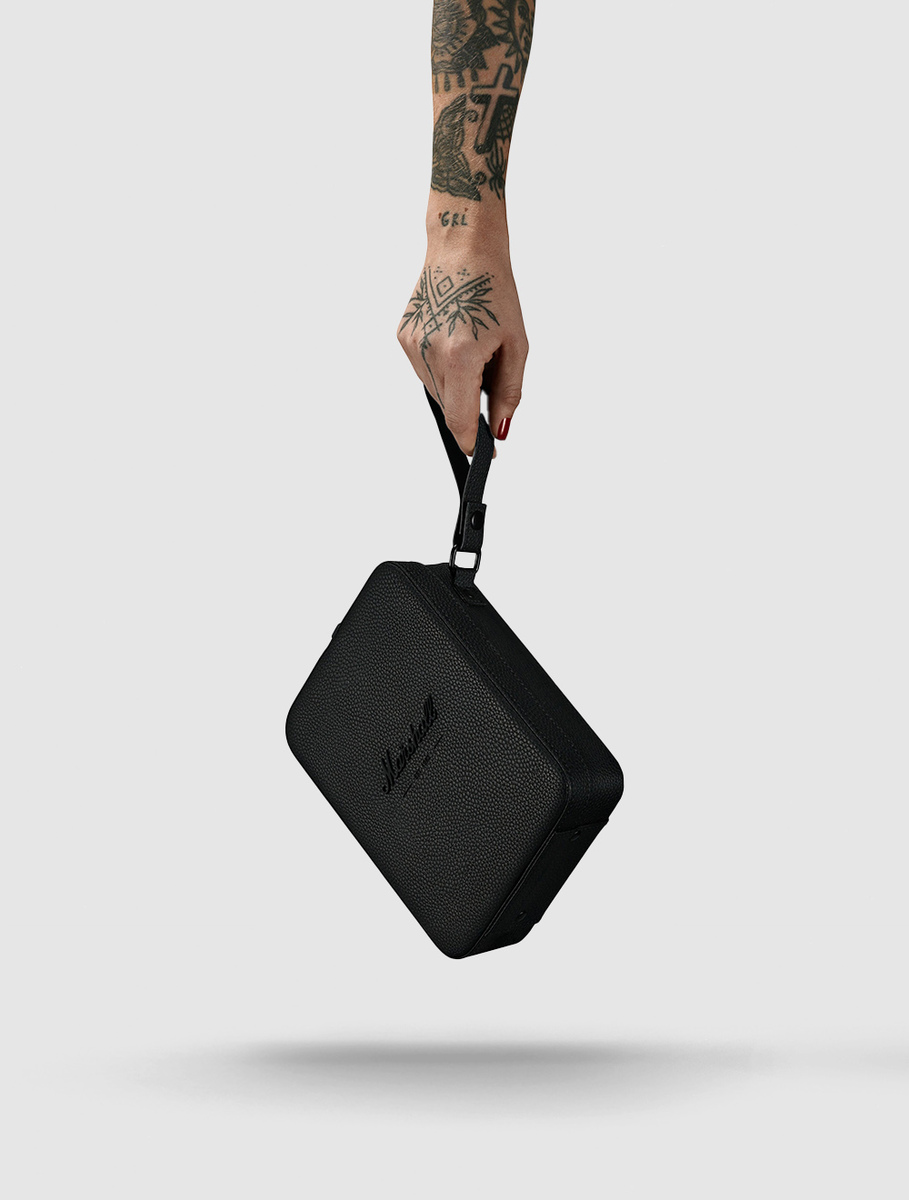
Finally, how do you see women in marketing leadership evolving over the next few years, and what changes would you like to see?
I believe it is important to recognize the valuable perspective that women bring to marketing leadership. Marketing is often seen as a secondary aspect of business, but it is actually a crucial component of a successful long-term strategy. Women are highly knowledgeable and understand the cultural environments that businesses operate in. However, despite having many women in the marketing industry, not all of them hold senior positions. This needs to change.
I would like to see more diverse voices in important conversations about marketing strategy. Having the same voices saying the same thing in the same meetings is not enough. To stay relevant in the next 60 years, we need to include diverse perspectives in these conversations. Marketing is not just an activation tactic or a launch strategy, it is a business strategy that drives the overall success of a company.
It can be challenging to get these diverse voices heard when there are quarterly numbers to meet and other priorities to manage. However, it is important to remind the organization that decisions made today impact the brand's future. The rock and roll mindset of not compromising on what is right is crucial to keeping a brand going for the next 60 years. Marketers are uniquely positioned to offer this perspective because they are so close to culture.
Yeah, so I see the value that women bring to marketing leadership continuing to grow over the next few years. It is important to recognize the crucial role that marketing plays in the long-term success of a company and to include diverse voices in important conversations about strategy.











